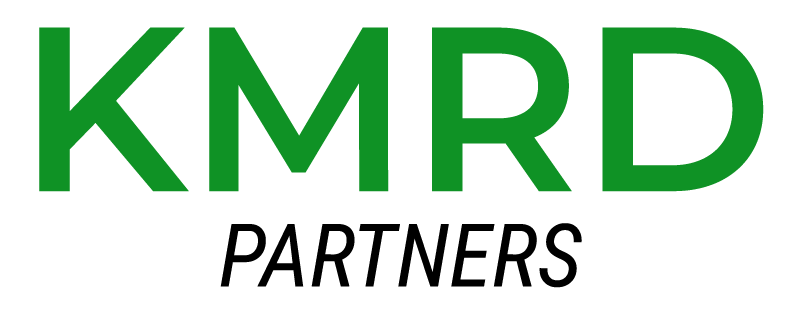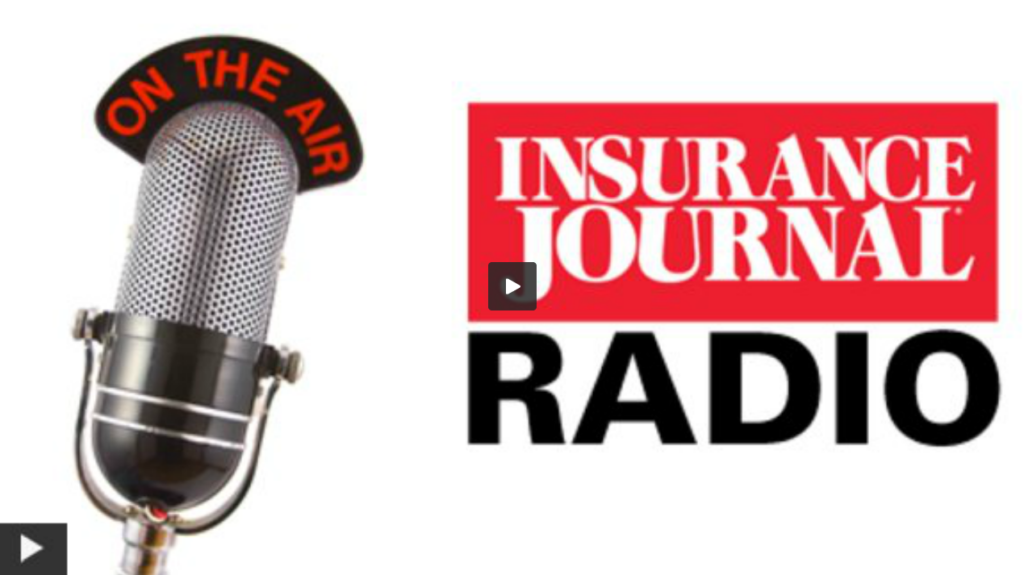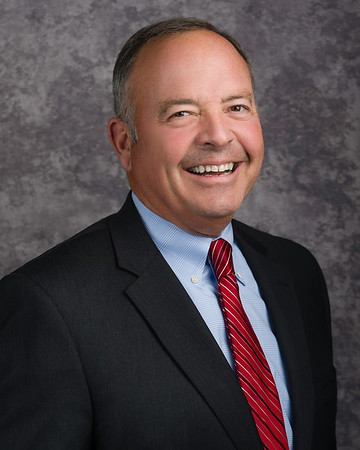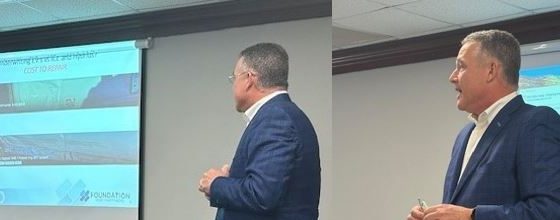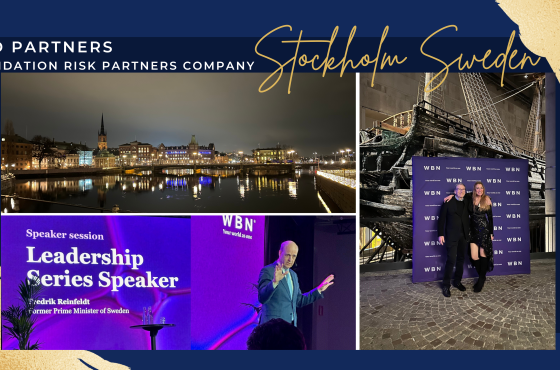Kevin McPoyle Interview With Insurance Journal
Kevin McPoyle Interview With Insurance Journal
Kevin McPoyle, co-founder of KMRD Partners was featured in Insurance Journal’s Podcast.
To listen, click the image above or visit http://www.insurancejournal.tv/videos/4418/
Insurance agents talk a lot about “service” and the value it adds, particularly when it comes to risk management. At some agencies, such as the fast-growing KMRD Partners, one of Insurance Journal’s Best Agencies to Work For in Pennsylvania, risk management is the key selling point, says its president, Kevin McPoyle. By targeting commercial clients that lack in-house risk management programs, KMRD is seeing big year-over-year growth in premiums and unlocking a valuable marketplace, McPoyle tells Insurance Journal Editor Ken St. Onge, in this exclusive interview.
Transcript follows…
Interviewer
Insurance agents talk a lot about service and the value it adds. Particularly when it comes to risk management. At some agencies, such as the fast-growing KMRD Partners in Pennsylvania, risk management is the key selling point.
By targeting commercial clients that lack in-house risk management programs, KMRD’s seeing big year over year growth in premiums, locking in a value marketplace, say’s Kevin McPoyle, KMRD’s President.
Kevin McPoyle
My partner and I Bob Dietzel both worked in downtown Philadelphia at a top 50 broker and felt that we could accomplish a great deal more serving the needs of middle market to upper middle market clients by revamping the agency system such that everything we do is client focused, as opposed to internally focused.
We could fly under the radar of the large regionals and the alpha houses – the Marsh’s, AON’s, Willis’ of the world – and still bring a very sophisticated high level of risk management services to the middle market.
We both had worked downtown for about 12 years and during that time ran across a lot of organizations that were begging for really sophisticated risk management support. The large Fortune 500s get that level of support and internalize that level of sophistication. But there are a lot of really great businesses out there that don’t have any risk management program whatsoever.
Over time, we both ran across some very egregious coverage issues and omissions – that nobody had done on purpose, just that nobody had ever checked.
We felt we could bring up a very sophisticated level of risk management by using some technology platforms and by using some more efficient process to be able to support that.
That was our marketing mission, that was our business orientation when we started the business.
We didn’t do any focus groups, we just felt that was going to be true and fortunately for us it proved to be fairly accurate.
Interviewer
If I could speculate, these are companies where they are probably not at a critical mass to have a risk management unit or a risk management capability inside the company itself, but they large enough to require it, and that’s where you guys come in.
Kevin McPoyle
You have hit our market perfectly. We do have clients who do have a risk management department, but it’s clear we’re able to compliment what they do.
But primarily, we’re talking to owners, presidents, CFOs and treasurers who have the additional duty of risk management – and many don’t know what to do, how to do it or what the advantages are. That’s where we fit.
Interviewer
Any particular types of businesses you focus on? Are they healthcare firms or banks or construction firms?
Kevin McPoyle
Great question. We have always been a little paranoid about being pigeon holed in the industry. We don’t ever want a carrier, or a networking person or an attorney to say “Oh gosh, they only do construction or manufacturing or healthcare”. We have all of those in our book of business.
For us, fundamentally, the target – in addition to what we just described – is an organization that values the risk management program and looks for a real partner. Somebody that’s going to do the work. Someone who’s going to help them, lead them, guide them to an improved infrastructure, a better solution and a support system that when they do have a claim we’re there side by side making sure that we mitigate this to the greatest extent possible so they can continue to run a normal operation.
Interviewer
Primarily, in terms of what you are writing, is it exclusively commercial P&C? Is it 90 percent commercial and 10 percent personal lines? Is it 20 percent health? How do things skew in the overall makeup of your premiums?
Kevin McPoyle
We’re a property and casualty insurance agency focused on commercial. We will do personal lines,…and we like to think we’re a foot wide and four miles deep in the risk management knowledge basin. This is where we demonstrate our value on a repetitive basis to our clients.
Interviewer
How many states are you writing business in? Obviously, you are writing quite a bit in Pennsylvania but are you writing elsewhere in the Mid-Atlantic, New England or North East?
Kevin McPoyle
You’re spot on. Our headquarters are in the TriState area (New Jersey, Pennsylvania and Delaware). We have written and continue to write business in Virginia and New York and Florida. We’re licensed in over 38 states both as agency and as individuals. We have the capability to really go anywhere as required.
I will tell you that a lot of our clients have significant international exposures – South Africa, Poland, the U.K, Spain, France to name a few – and we have that capability in-house as well both from our experience base and from the way we operate to be able to provide that full experience literally around the world.
Interviewer
We’ve talk about your risk management services, which sounds like one of your main value-adds. Are there any other things KMRD to attract clients or retain clients or differentiate itself in the marketplace?
Kevin McPoyle
Yes, absolutely. I’d love to tell you this is some rocket science oriented exercise but really it’s paying attention to the details. Bob, my partner, was a banker before he got into insurance. I was an engineer and a Army helicopter pilot so we both kind of lived and grew up and disciplined ourselves with checklists, processes and workflow. What we like to tell our clients and prospects is that when you come with us you can expect a repeatable process.
And that means we’re able to provide a consistency of coverage, a consistency of communication and collaboration, and a consistency of time such that you don’t get surprised by having a relationship with us.
We’re not shy about telling people that we’re coverage geeks. We read every policy it gets issued. We will not issue a policy to a client and we will not propose a policy to a client without having intimate knowledge of exactly what it covers and what it doesn’t cover and how that impacts the client.
We have a document management system that allows us to consolidate all of the knowledge that we’ve ever developed internally. So now we know, for example, what a Hartford general liability policy looks like. We know what a Lexington property policy looks like. We know what a Zenith work comp policy looks like. And we’re able to go back into that and pull together best practices and the best available resources and coverage such that we know when we negotiate for our clients on the coverage issues that they’re getting the very best available – and they’re still getting it at a competitive price point. Again, because we consolidate all this information and clear it internally so we know what they’re getting.
Again, going back to the Fortune 500, those folks with the risk management department, or a legal department, they’re used to having someone in there reading the policy and commenting and really sifting and sorting through the terms and conditions. The middle market space, the upper middle market space, the I walk into a client and I have a proposal and it has literally almost 1500 coverage points – because what we do is it’s numerically sequence in our process – they are amazed at our ability to give them that detail.
What it does for them is it makes them comfortable that we know what we’re talking about. They feel comfortable that we’ve done our homework for them on their behalf. And so they are not going to be surprised by a coverage issue. They’re not going to be surprised in a claims situation because they know what they’re covered for and what they are not covered for. And that kind of lack of surprise and consistency for our clients is really meaningful. For a CFO who touches risk management probably 5-8 percent of their job time, having someone who has their back, is huge for them. And that’s how we succeed.
Contact UsMeet the KMRD Team About KMRD
